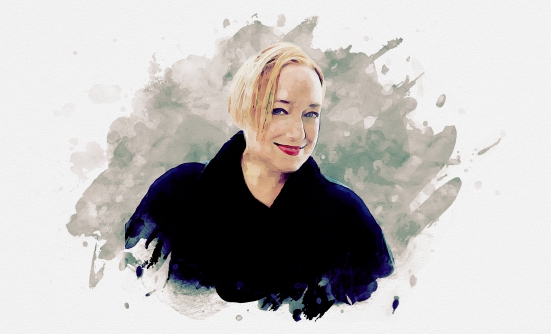You have cancer. Treatment is taking a toll on you physically, emotionally, and mentally. On any given day, you may be nauseous, tired, anxious, or scared. You would like to hide from the world, but you have children who need you.
This is a juggling act that many parents with cancer experience, and it is something that Bonnie Indeck, LCSW, Social Work Manager at Smilow Cancer Hospital at Yale-New Haven, CT, regularly addresses with her patients.
Maintaining Your Routine
“Life needs to go on as much as usual for children,” says Ms. Indeck. “Maintaining routines is very important, and it can be beneficial to enlist the help of family and friends to ease the burden, especially in a single-parent household.”
Ms. Indeck recommends that a patient should have 1 or 2 people helping on a consistent basis, and that these people should be family or friends that the child knows and trusts.
“Parents should tell their child, ‘I won’t be able to take you to practice for a while, but Aunt Amy will take you every week,’” explains Ms. Indeck. “This way the child will know what to expect, which can be comforting during this time of upheaval.”
Maintaining some sense of normalcy is not only important for younger children, but also for teenagers.
“Teens are trying to separate from parents and to be more independent as they grow older. It’s a natural, developmental task,” says Ms. Indeck. “You want to encourage them to live their life normally as much as possible. You don’t want them to cling to your side all of a sudden. Allow them space, but not too much.”
Another issue you may face is childcare role reversal within the household, which can have an effect on you and on your children. For example, Ms. Indeck says, “Now dad is taking the child to dance instead of mom. The child may be fine with that, but mom may feel ambivalent, sad, or guilty. What mom needs to realize is that the situation is temporary. The child is being well cared for, and the child is doing okay with this.”
Open Dialogue
She suggests helping your children cope by:
- Providing them with age-appropriate truth
- Maintaining an open dialogue where your children are allowed to ask questions and express concerns
- Focusing on positive “C words”:
- Conquer
- Control
- Capable
But what about including your children in your care? “Yes, include them, but don’t overburden them with caring for you,” suggests Ms. Indeck. “If a 5-year-old wants to bring you a glass of water, that’s fine, but you don’t want children to become ‘parentified’ or be the primary caregiver.”
It can also be beneficial to have your children visit you in the treatment area at the hospital. The length of the visit depends on the age of your child and should be scheduled with the permission of the facility.
“It’s important to prepare the child prior to the visit. You want them to know what to expect before they get there,” says Ms. Indeck. “It can also be helpful to have another adult present to take the child when the visit is over. They may even want to do something fun with the child afterward, like go for ice cream.”
Reach Out for Help
Although maintaining some sense of normalcy and consistency can go a long way to help your child cope during your cancer treatment, some children don’t cope well. In those cases, Ms. Indeck advises reaching out to a school social worker or a psychologist to help assess the situation, or a therapist in the community, if necessary. A hospital social worker can also provide parents with other resources and support groups in their community that may be helpful.
According to Ms. Indeck, you need to be watchful of your children acting out, and realize that acting out can look different at different ages.
“Parents want to make sure that children don’t act out in ways that can be harmful to themselves or others,” asserts Ms. Indeck. “A 5-year-old may start fighting, or a 15-year-old may drink or smoke pot. These behaviors may require the intervention of a professional.”
“In general, parents do an amazing job,” says Ms. Indeck. “I can’t say enough about that. They know their children and they really do well, but if they have concerns, it’s always best to run it by a member of their healthcare team to make sure what they are thinking is accurate. Parents do beautifully with a little help as necessary.”
Key Points
- It’s important to try and maintain a normal routine for young children and teenagers
- Children may benefit from visiting you at the hospital while you’re receiving treatment
- If your child has difficulty coping, try reaching out to a school social worker, a psychologist, a therapist, or a hospital social worker















